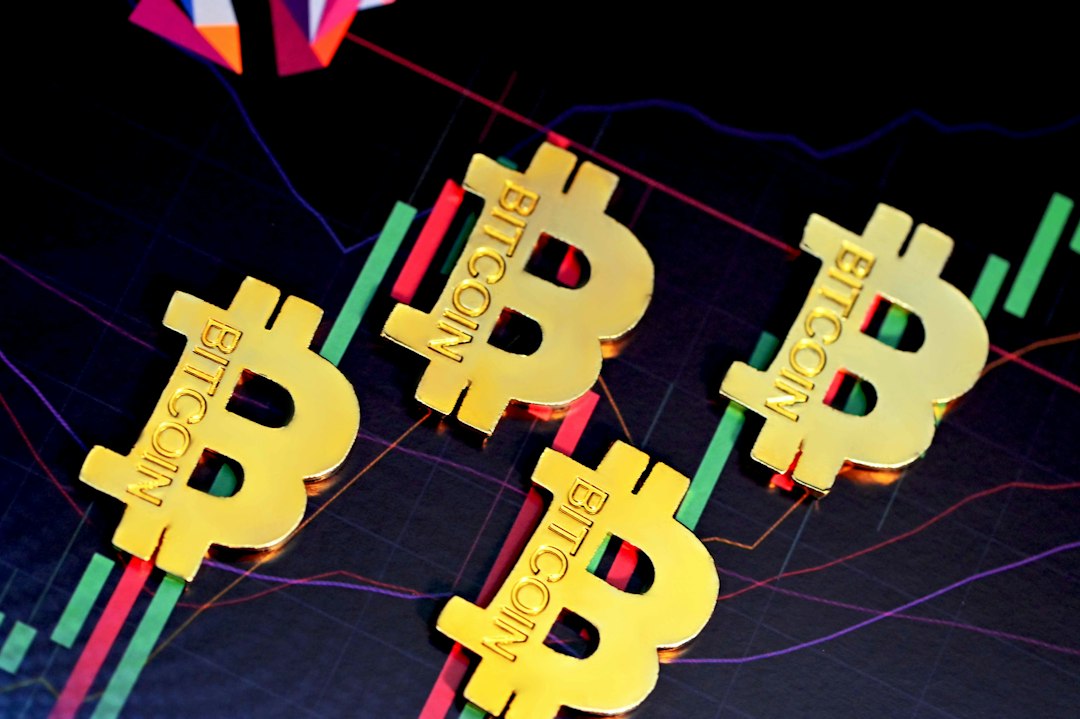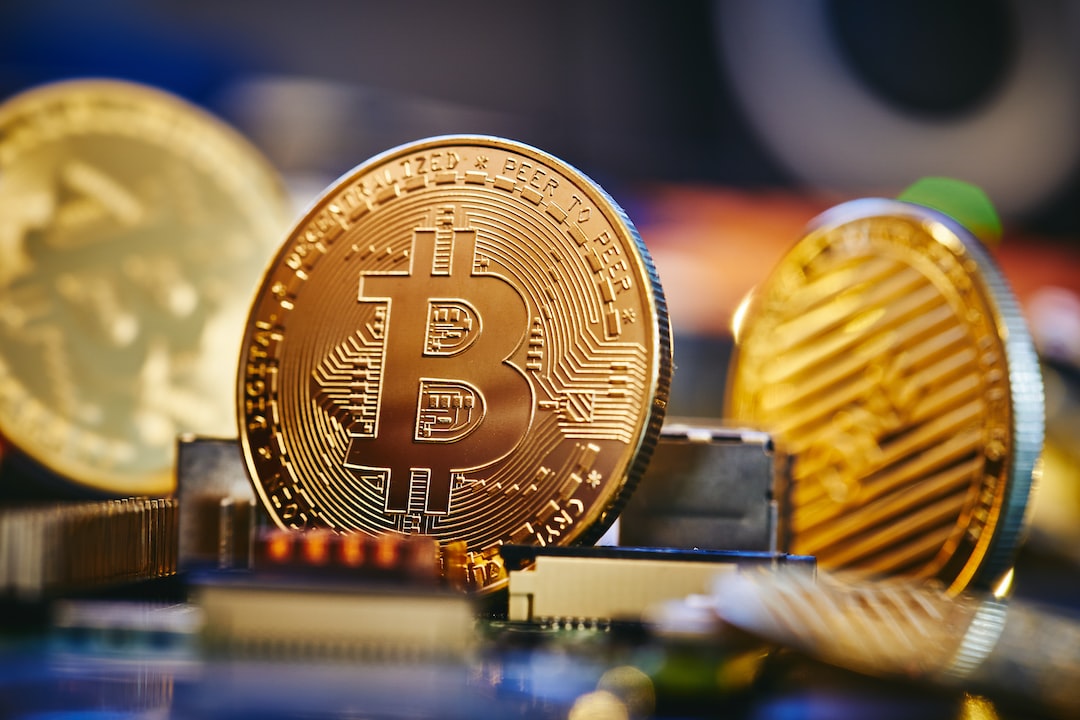Indian Prime Minister Calls for Global Crypto Regulations
Indian Prime Minister Narendra Modi has called upon the international community to collaborate on formulating a comprehensive global regulatory framework for cryptocurrencies. This call was made during the annual Group of 20 (G20) summit. With India assuming the presidency of the G20, the nation has spearheaded efforts to develop a coordinated strategy for overseeing cryptocurrencies.
Main Breakdowns:
- G20 has become a key player in shaping global financial conversations
- Modi emphasizes the importance of embracing technological advancements and a unified approach
- Modi calls for a global consensus-based model for cryptocurrency regulation
- India’s G20 presidency has expanded the discourse on cryptocurrencies and achieved consensus on these matters
- India releases a presidency note outlining its roadmap for establishing a worldwide crypto regulatory framework
Tangible Steps and India’s Dual Stance
India has released a presidency note aligning with recommendations from international organizations such as the FSB, IMF, and FATF. The note also emphasizes the importance of increasing awareness about potential risks and supports collaboration and supervision across countries. India’s advocacy for a global crypto framework continues despite its domestic regulatory landscape being complex. The call for a global crypto framework comes as entrepreneurs within India have been pressing for clear crypto regulations for nearly four years.
Hot Take
Prime Minister Narendra Modi’s call for a global regulatory framework for cryptocurrencies reflects the growing recognition of the need for coordinated efforts in addressing the challenges and opportunities presented by this emerging asset class. India’s proactive stance as the president of the G20 and its efforts to expand the discourse on cryptocurrencies demonstrate the country’s commitment to shaping the future of the industry. However, India’s domestic regulatory landscape, characterized by complexity and lack of clarity, presents a challenge to its advocacy for global regulations. Nevertheless, the push for a global consensus on cryptocurrency regulation is a significant step towards fostering stability and security in the industry.





 By
By
 By
By
 By
By
 By
By
